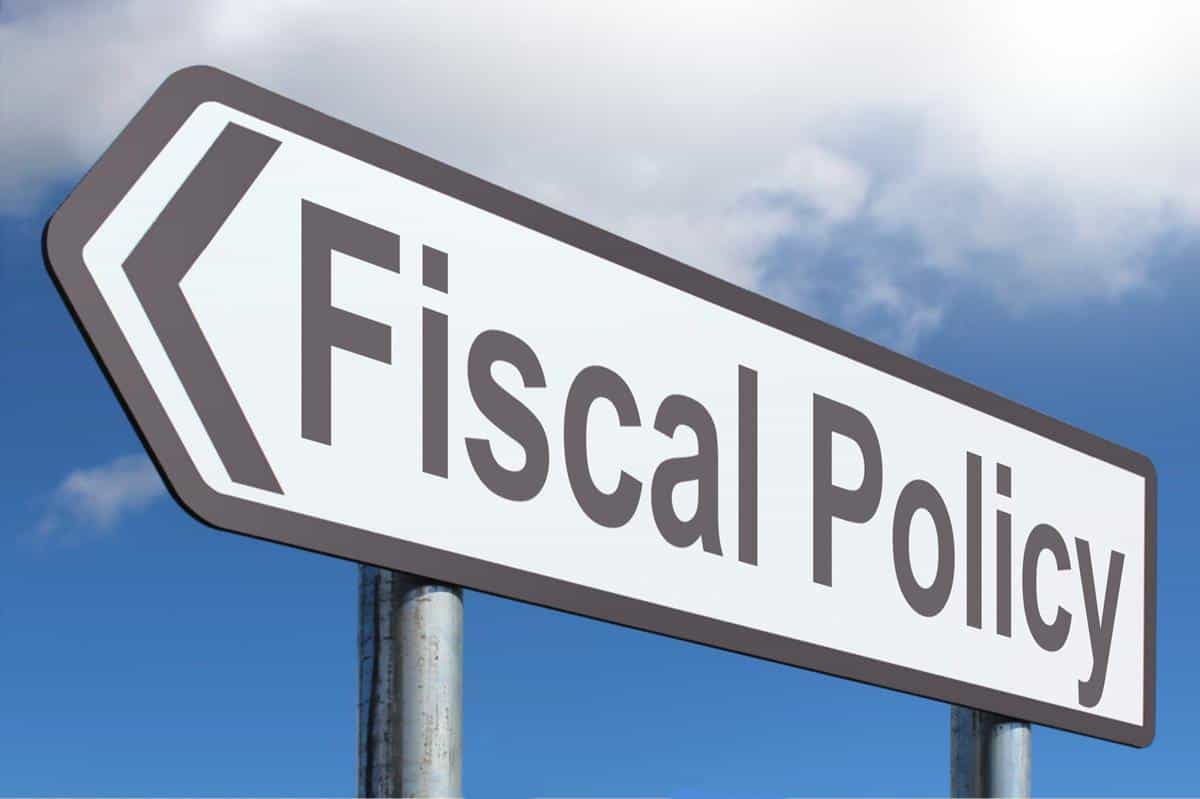The State Council has launched seven new tax reduction measures as part of efforts to foster the development of innovative tech companies and small and micro businesses in China.
A meeting of the State Council held on 25 April announced that a total of seven new tax reduction measures are expected to reduce the annual tax burden of Chinese enterprises by more than 60 billion yuan (approx. USD$9.49 billion).
“These are highly targeted and effective measures, and they mainly revolve around innovative tech companies and small and micro-businesses,” said Zhang Lianqi (张连起), a member of the standing committee of the Chinese Political People’s Consultative Congress National Committee and managing partner of Ruihua Certified Public Accountants to Xinhua.
“They address the problems of the comparative weakness in other links following value-added tax reforms. At the same time, because they involve multiple areas including enterprise income tax, personal income tax and stamp duties, their coverage is quite broad.”
Chief amongst the seven measures is an increase in the maximum unit price for enterprise purchases of R&D devices or equipment that qualifies for one-off pre-tax deductions to five million yuan from one million yuan previously, during the period from 1 January 2018 to 31 December 2020.
The ceiling for the annual taxable income of small and micro enterprises that enjoy a 50% reduction in their enterprise income tax has also been lifted, rising to one million yuan from five hundred million yuan previously.
Starting from 1 January, China has cancelled the restriction on additional reductions for the overseas R&D costs of Chinese enterprises; extended the timeframe for hi-tech enterprises and small and medium-sized tech companies to carry forward losses to 10 years from five years, as well as unified the pre-tax deduction threshold for the professional training costs of normal enterprises with that of hi-tech enterprises, raising it to 8% from 2.5%.
According to Zhang the tax reductions are part of a series of tax and fee cuts this year that are an important part of the “policy combination” for optimising China’s business environment, and will serve to guide and encourage innovation, as well as reduce the burden on actors in the real economy.


